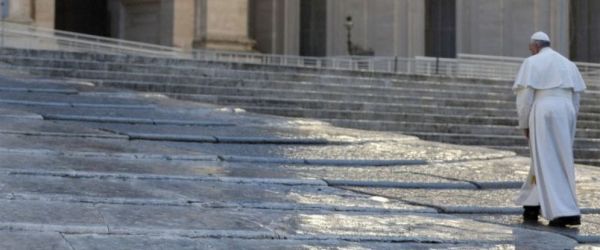Let us listen to the Gospel passage and try to understand the guise such false prophets can assume.
They can appear as “snake charmers”, who manipulate human emotions in order to enslave others and lead them where they would have them go. How many of God’s children are mesmerized by momentary pleasures, mistaking them for true happiness! How many men and women live entranced by the dream of wealth, which only makes them slaves to profit and petty interests! How many go through life believing that they are sufficient unto themselves, and end up entrapped by loneliness!
False prophets can also be “charlatans”, who offer easy and immediate solutions to suffering that soon prove utterly useless. How many young people are taken in by the panacea of drugs, of disposable relationships, of easy but dishonest gains! How many more are ensnared in a thoroughly “virtual” existence, in which relationships appear quick and straightforward, only to prove meaningless! These swindlers, in peddling things that have no real value, rob people of all that is most precious: dignity, freedom and the ability to love. They appeal to our vanity, our trust in appearances, but in the end they only make fools of us. Nor should we be surprised. In order to confound the human heart, the devil, who is “a liar and the father of lies” (Jn 8:44), has always presented evil as good, falsehood as truth. That is why each of us is called to peer into our heart to see if we are falling prey to the lies of these false prophets. We must learn to look closely, beneath the surface, and to recognize what leaves a good and lasting mark on our hearts, because it comes from God and is truly for our benefit.
[Pope Francis, Message for Lent 2018]












